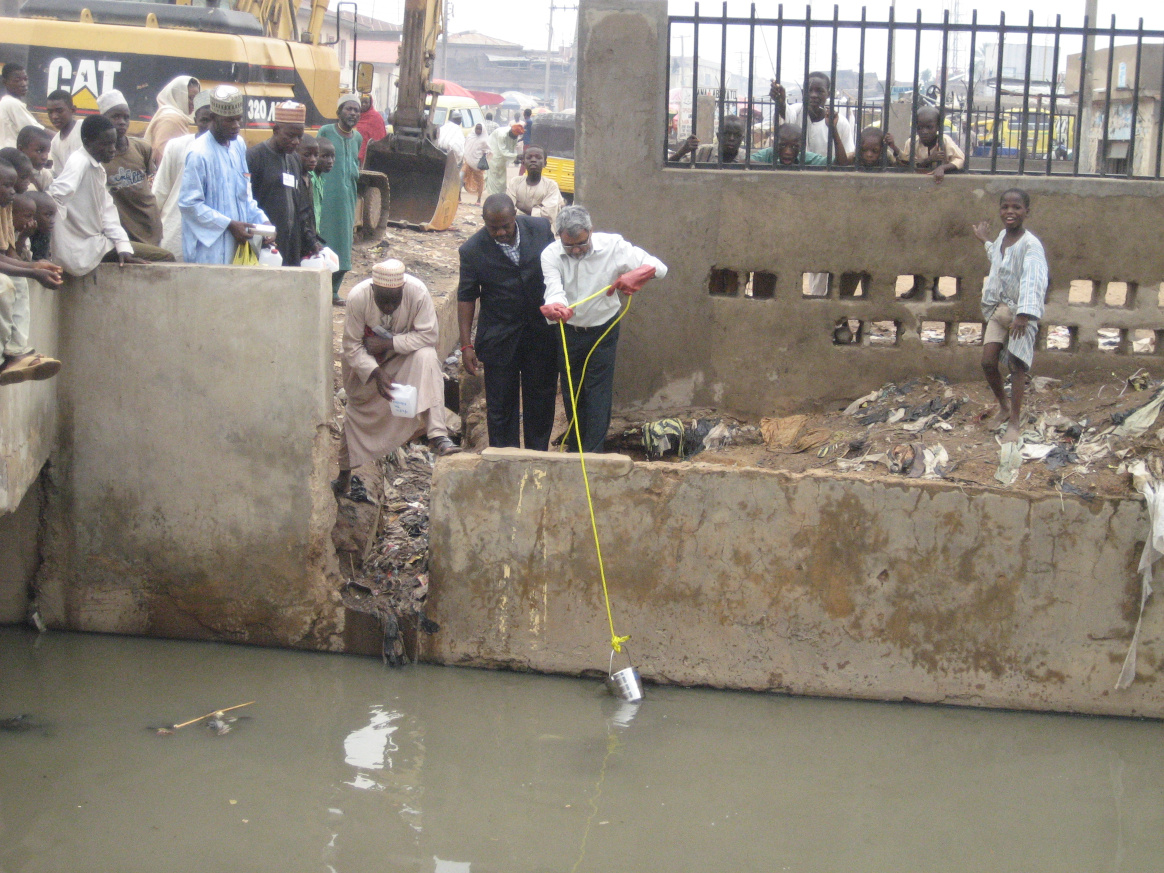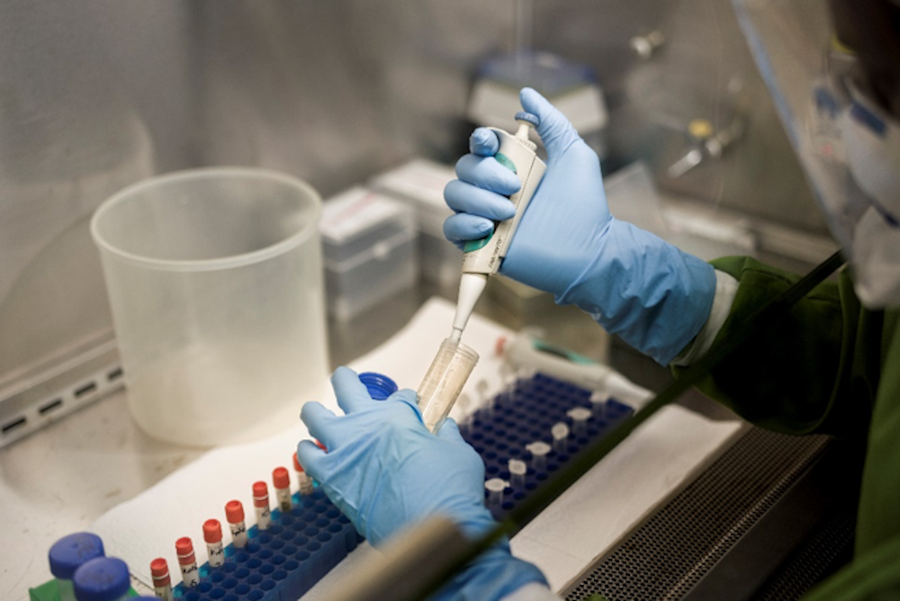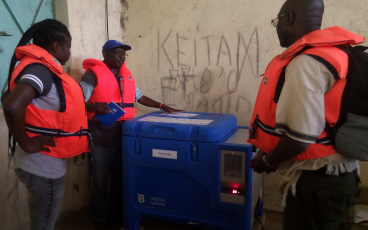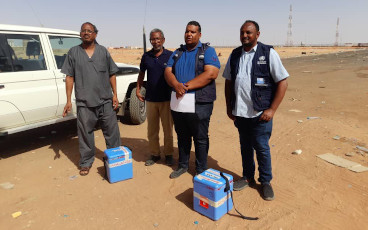Poliovirus has been detected through routine surveillance of wastewater systems in 3 countries in the WHO European Region (Germany, Poland and Spain) since September this year. While no cases have been detected to date, the presence of the virus underscores the importance of vaccination and surveillance, as well as the ongoing risk that any form of poliovirus poses to all countries everywhere.
“These countries are to be commended for their strong vigilance, which enabled them to detect and quickly respond to this public health threat,” said Robb Butler, Director of the Division of Communicable Diseases, Environment and Health at WHO/Europe. “While investigation of these detections is ongoing, WHO will continue to work with all countries in the Region to strengthen poliovirus surveillance and ensure high immunization rates.”
The Region has been free of endemic poliomyelitis (polio) since 2002. However, as long as any form of poliovirus is spreading anywhere in the world, it can be imported. Such importations can lead to outbreaks if the virus finds its way to unvaccinated individuals, as occurred in Tajikistan and Ukraine in 2021, and Israel and the United Kingdom in 2022.
All countries in the Region are on alert for such importations and many conduct routine surveillance of sewage systems to ensure early detection. Consistently high rates of vaccination are vital to prevent the virus from re-establishing a foothold in any community.
Full media release is available through WHO Regional Office for Europe.



